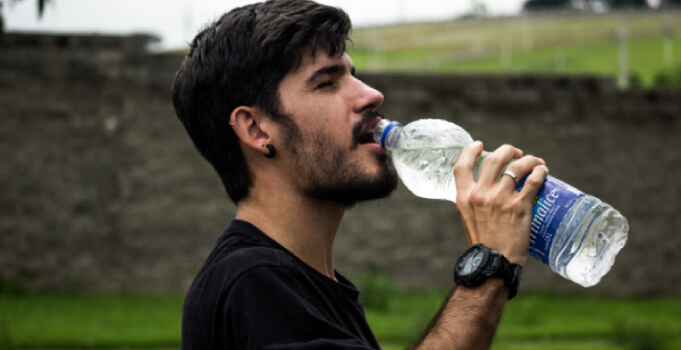When your saliva production is low, the result is an uncomfortably dry mouth. Many of us may experience occasional dry mouth when we’re nervous, like before public speaking. While occasional bouts of dry mouth are no cause for concern, chronic dry mouth can damage your teeth and negatively affect your health.

Why Is Saliva Important?
Although saliva is often overlooked, it plays an incredibly important role in your oral health. Your saliva washes away food particles and debris from teeth before oral bacteria has a chance to feed on them. Saliva also contains an enzyme that not only begins breaking down food, it also breaks down the bad, cavity-causing bacteria in your mouth. When your saliva production is low, you are at an increased risk for developing cavities. Adding insult to injury, dry mouth can also be responsible for bad breath.
What Causes Dry Mouth?
There are many different causes for dry mouth. Many common medications list dry mouth as one of their side effects. Smoking is also notorious for causing dry mouth. In other situations, dry mouth may simply be a sign that you are not drinking enough water throughout the day or that you have a vitamin deficiency. Rarely, dry mouth is a sign of a serious medical condition.
How Do We Treat Dry Mouth?
If you frequently experience uncomfortable dry mouth, let us know. To treat dry mouth, our team at Paris Mountain Dental will first try to determine the cause. Occasionally, the fix is simply asking your doctor for an alternative medication. Other times, we may recommend that you use a mouth spray to simulate saliva production and avoid some of the problems associated with dry mouth.













